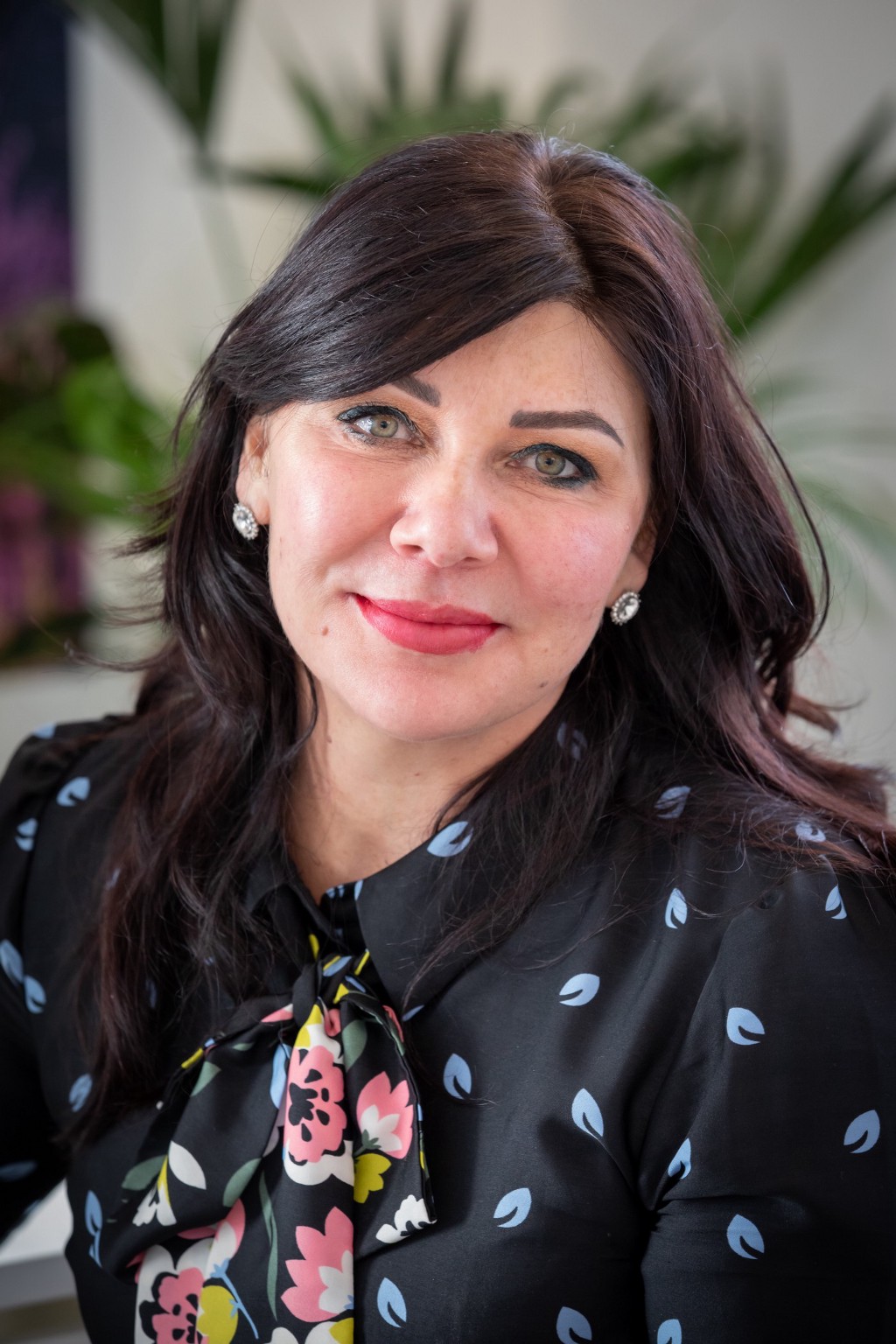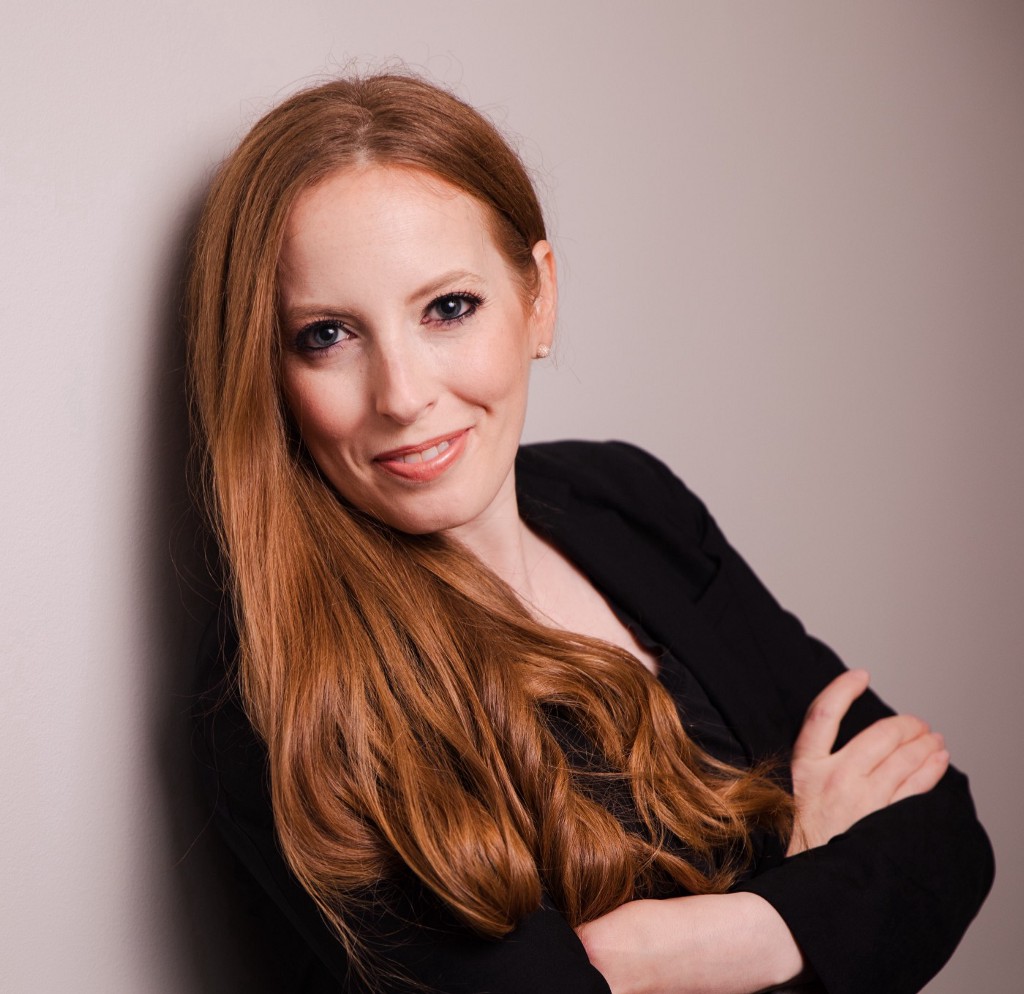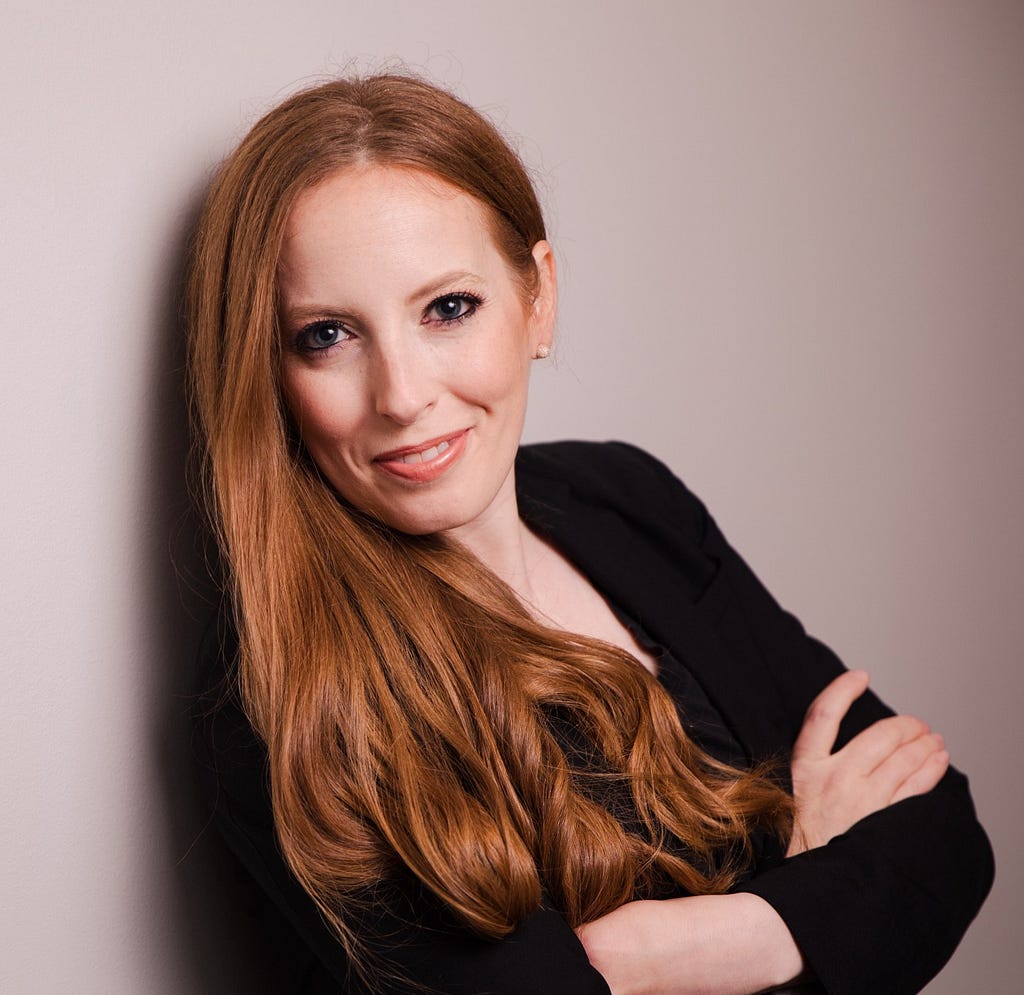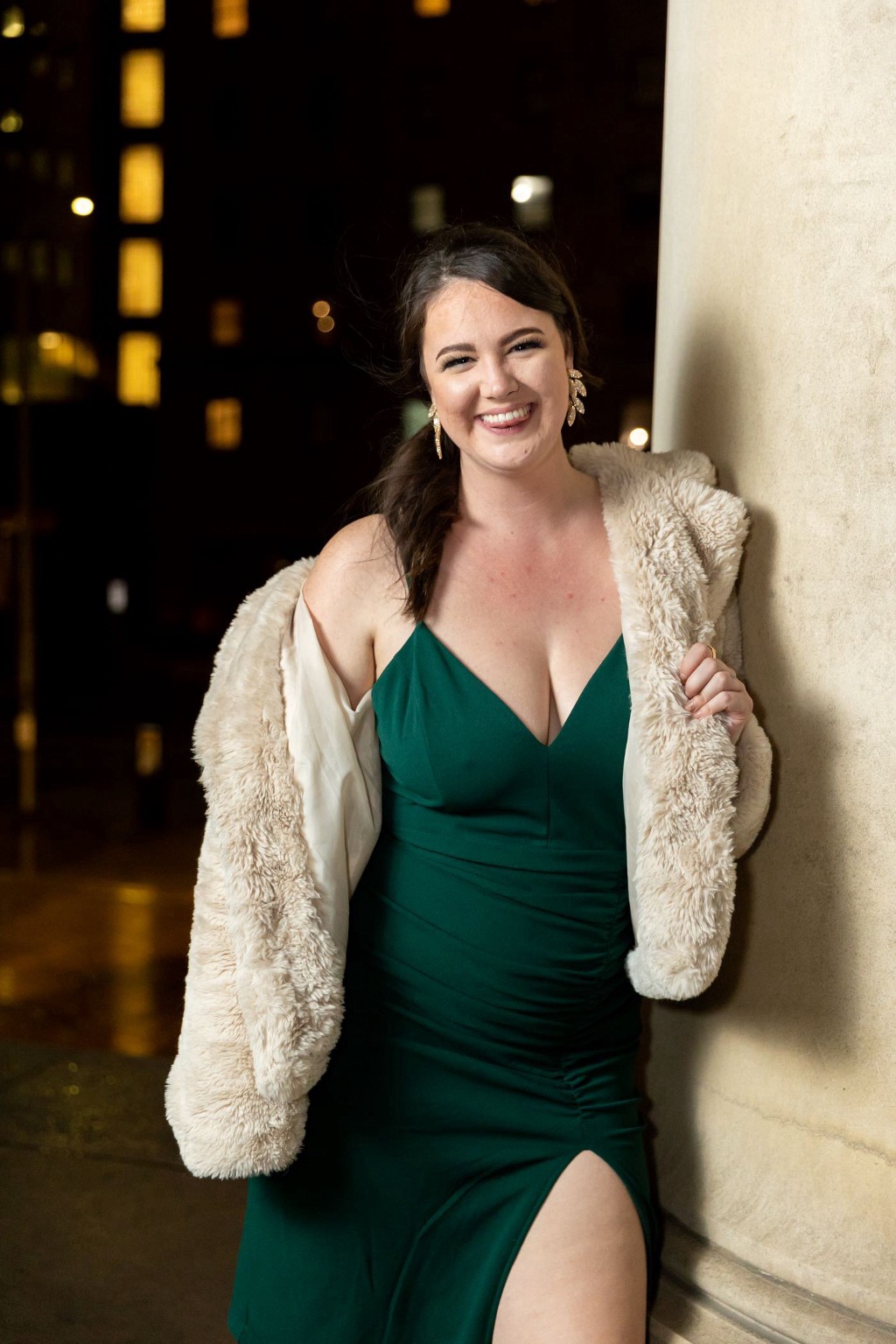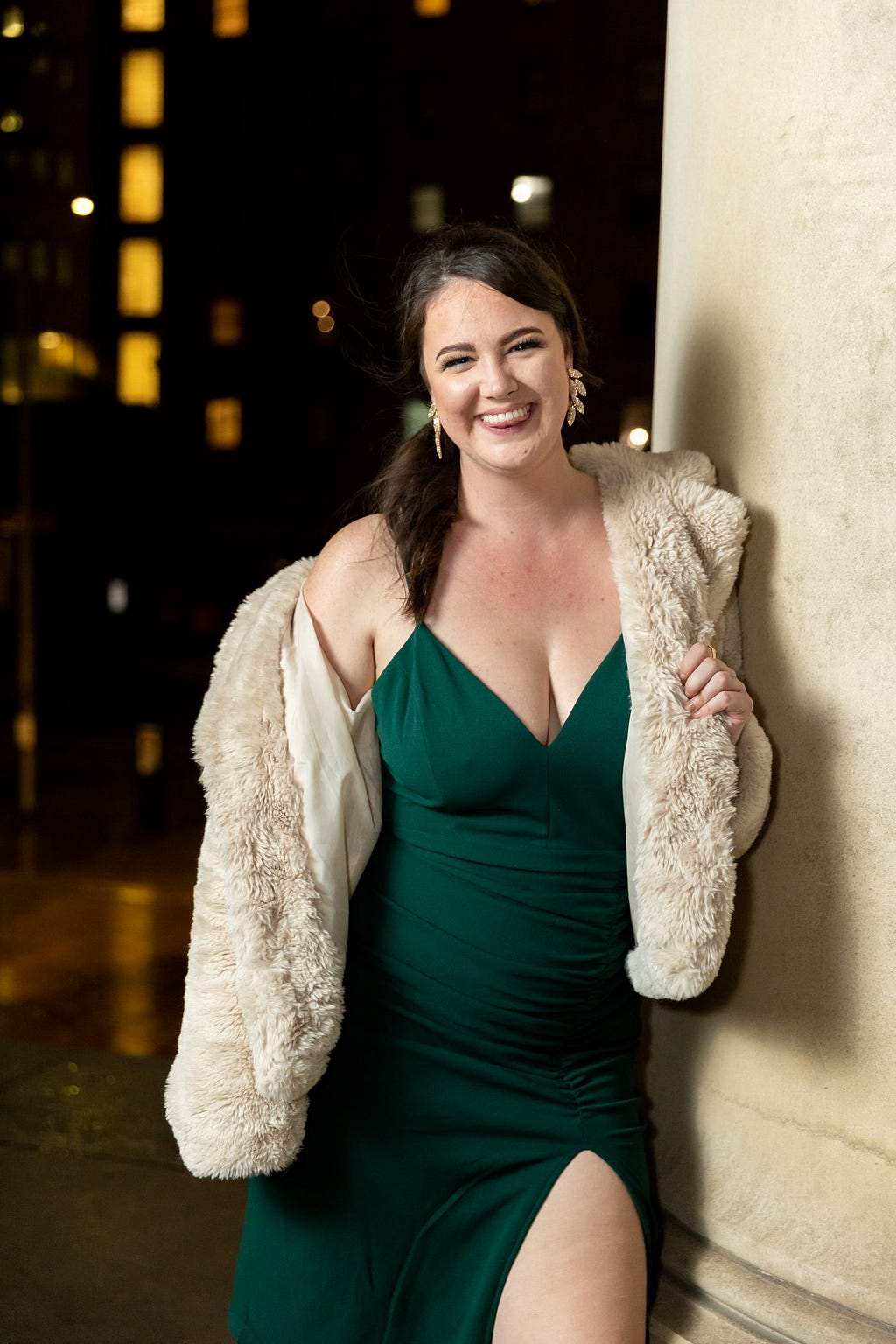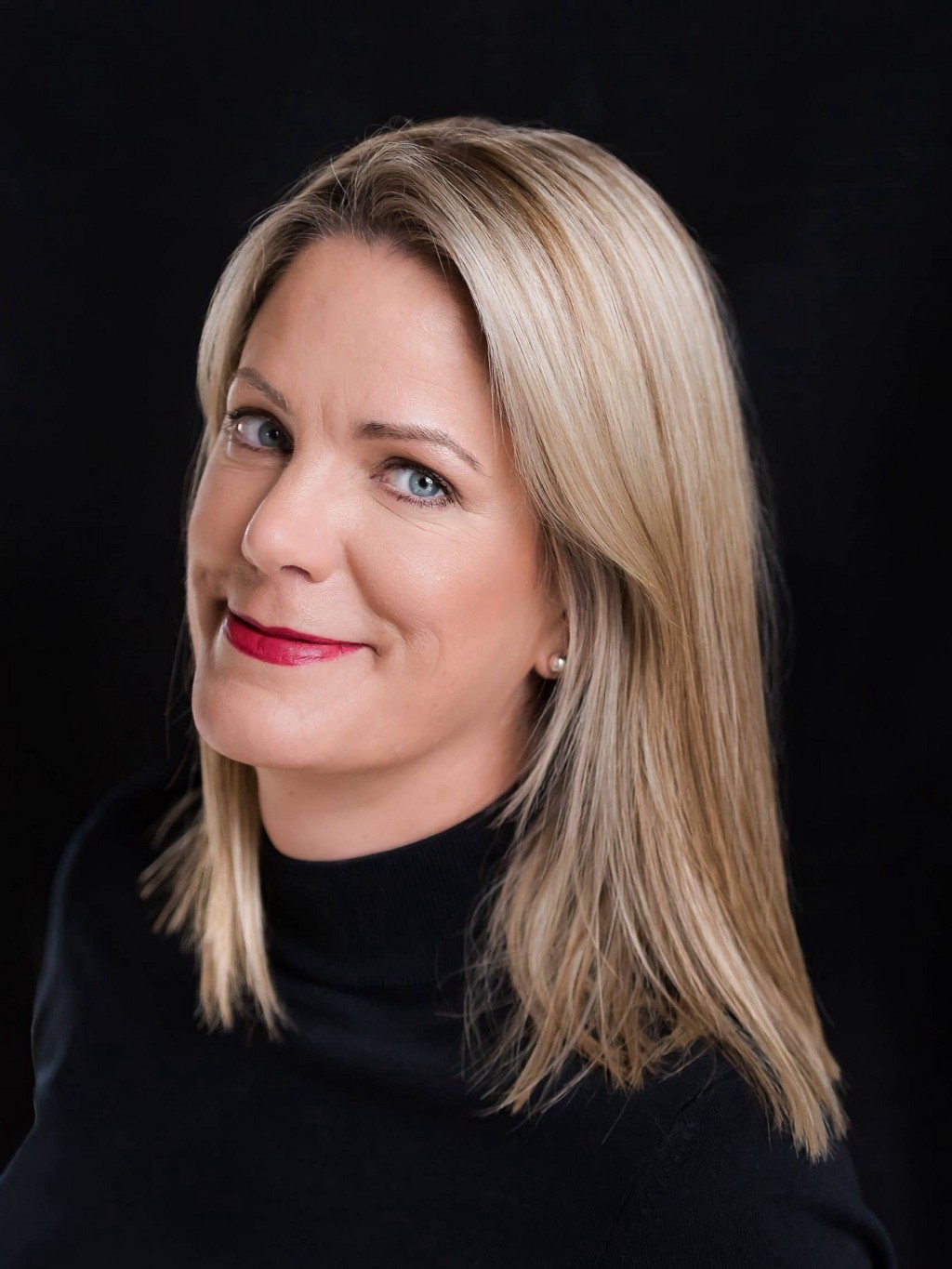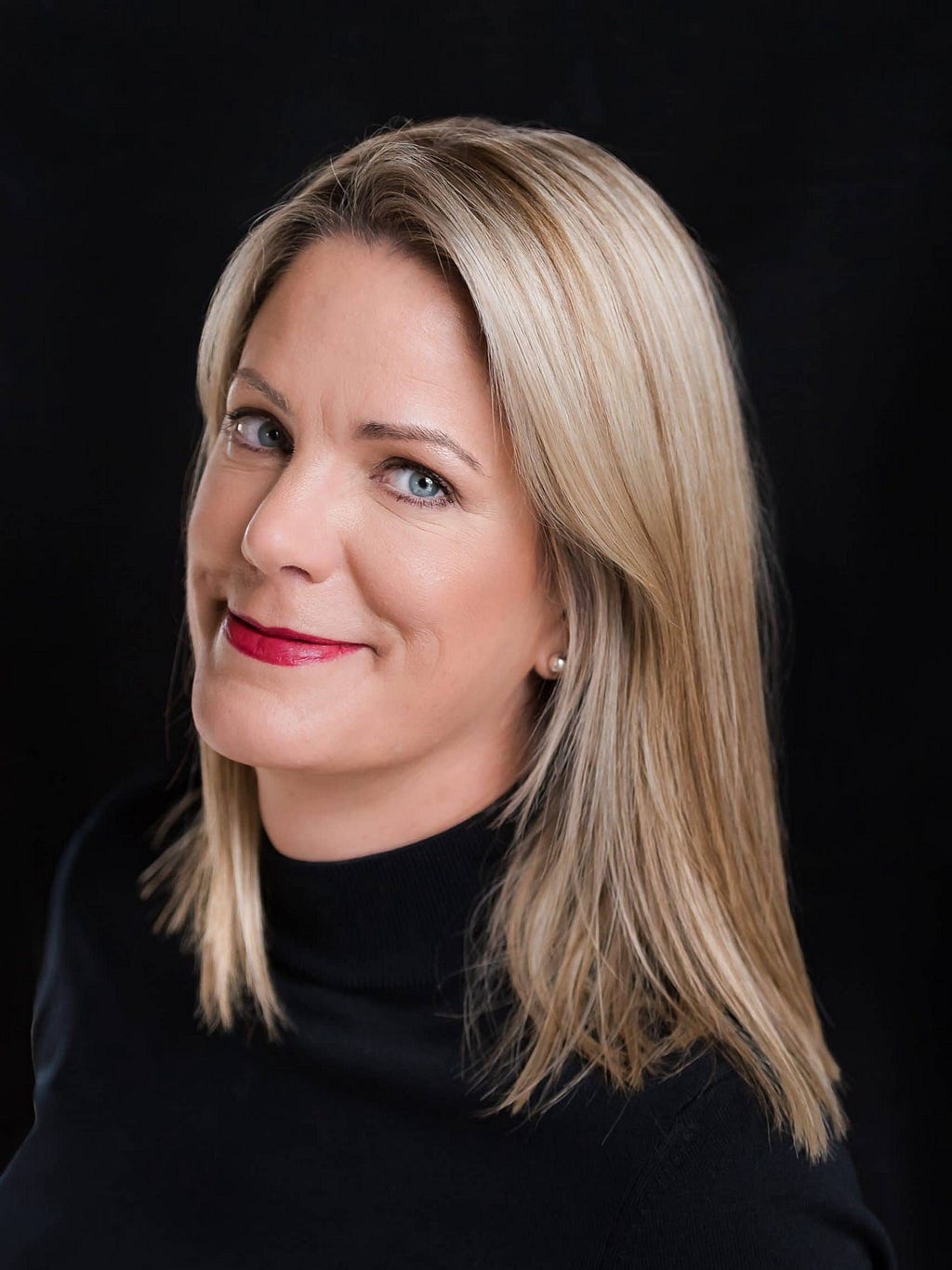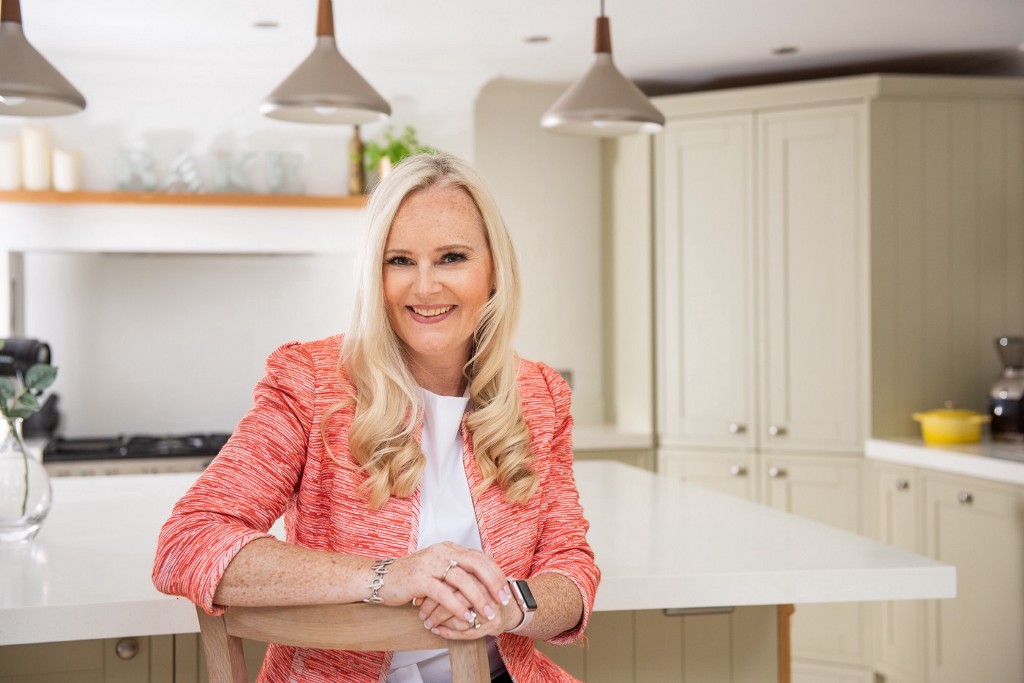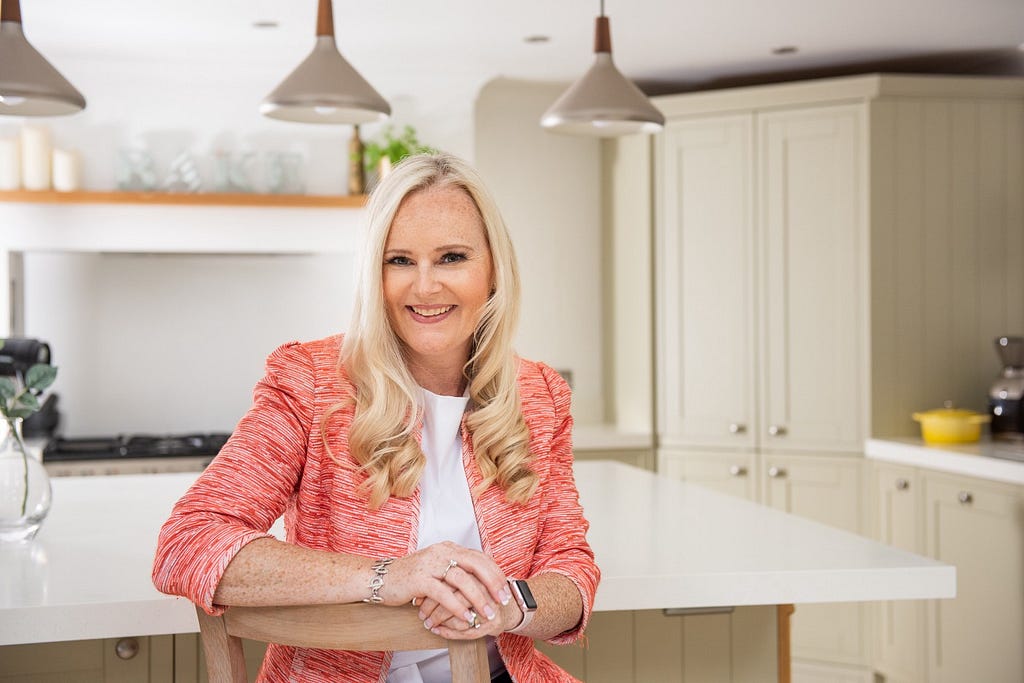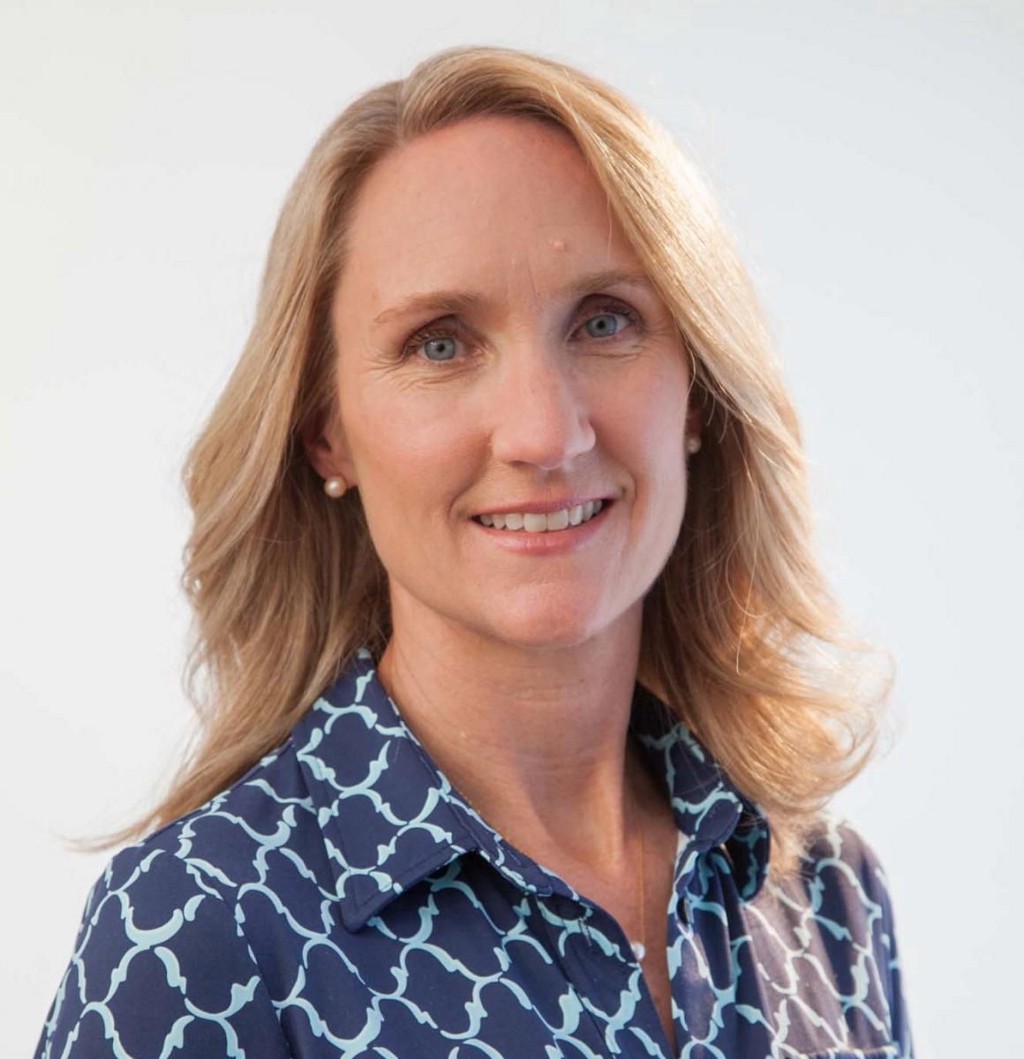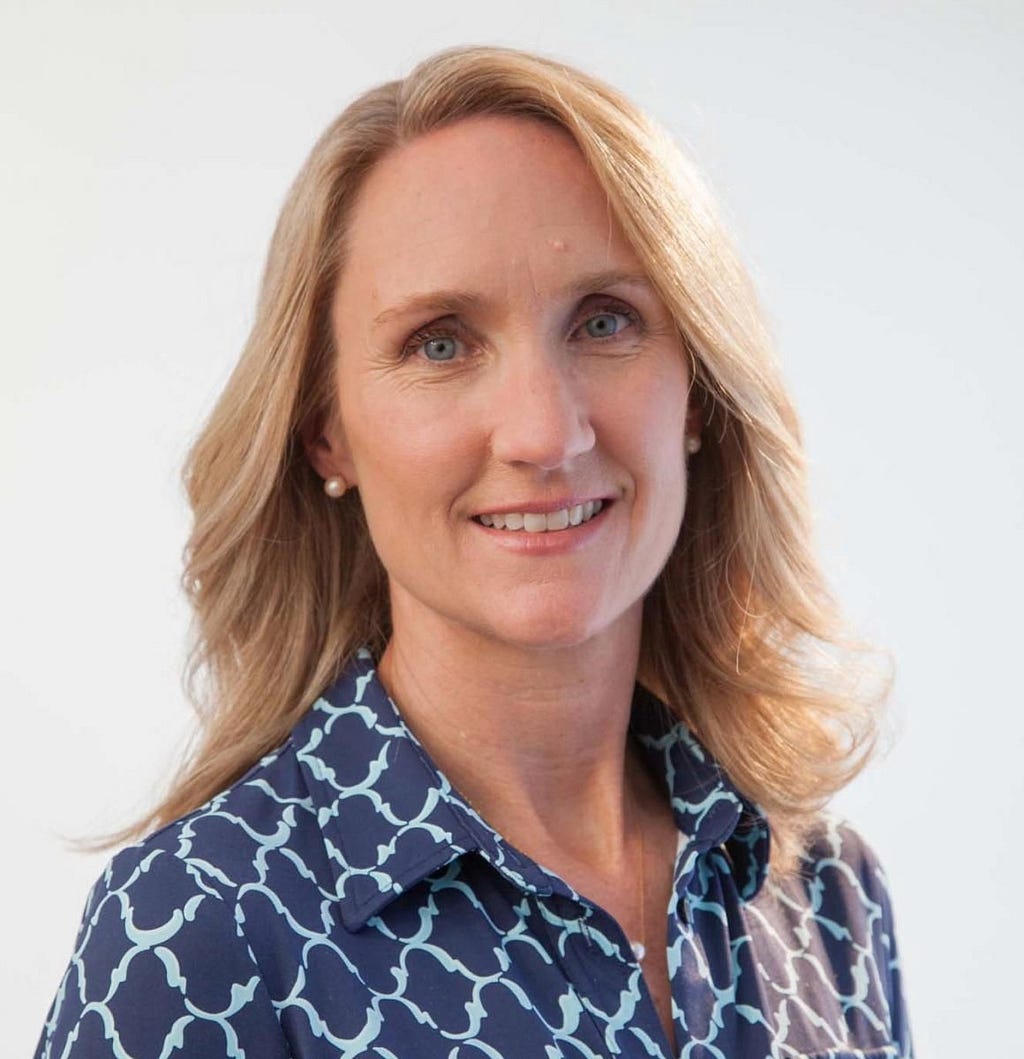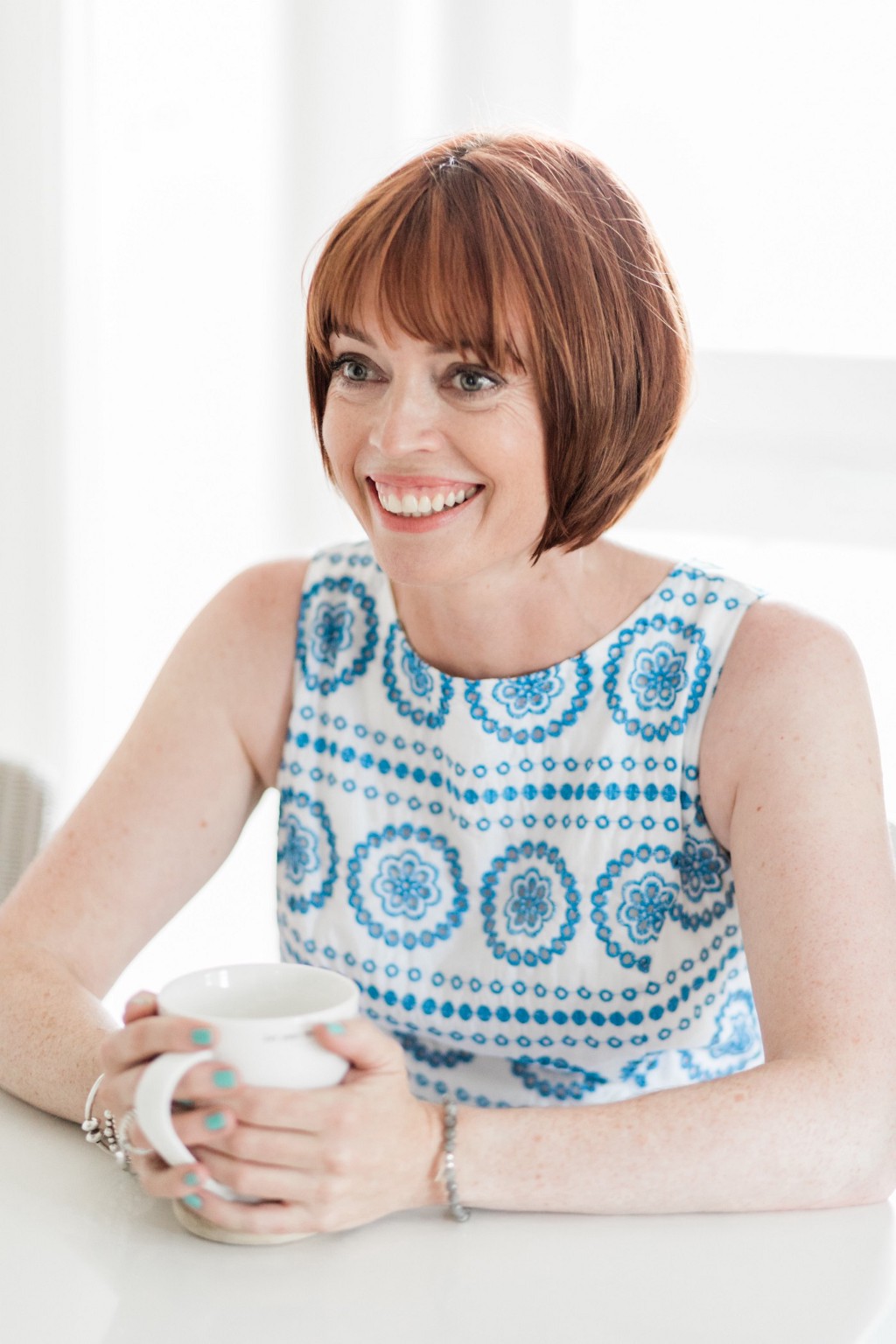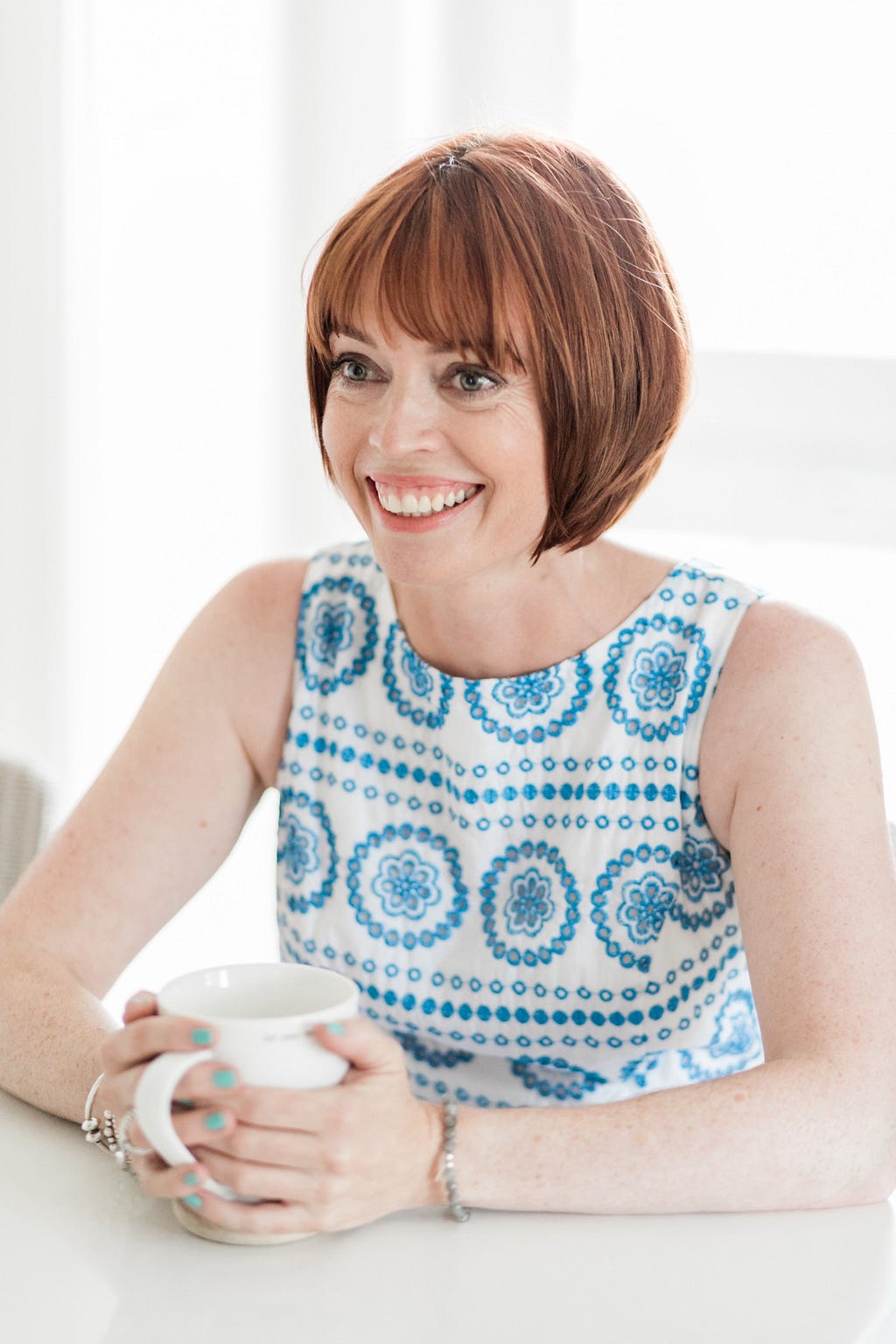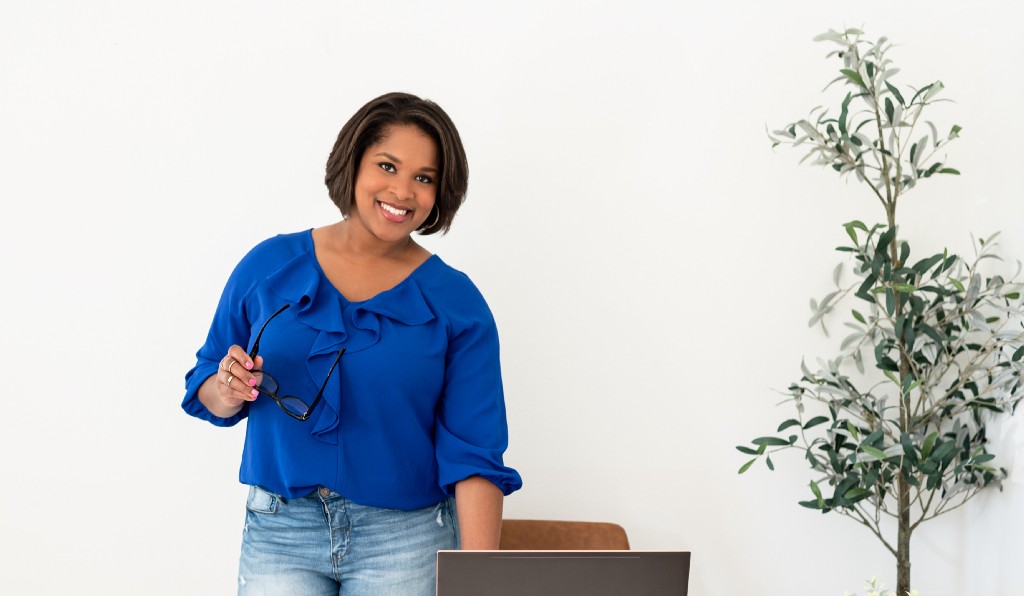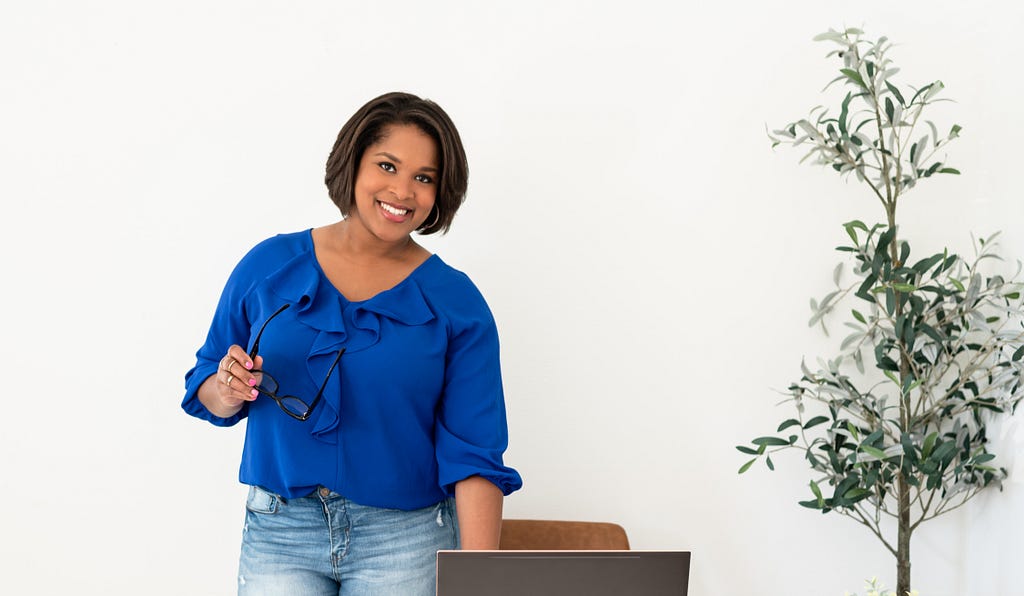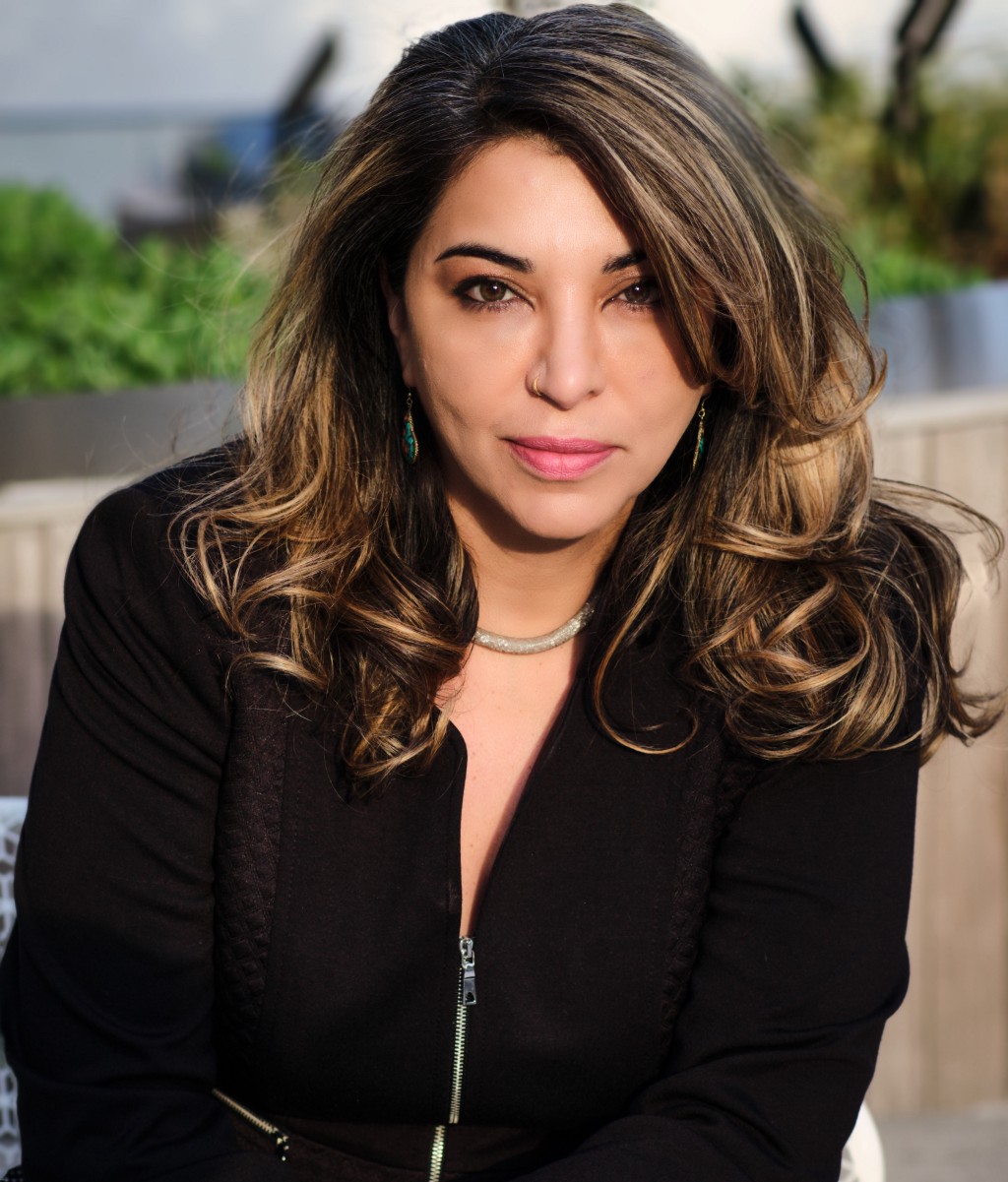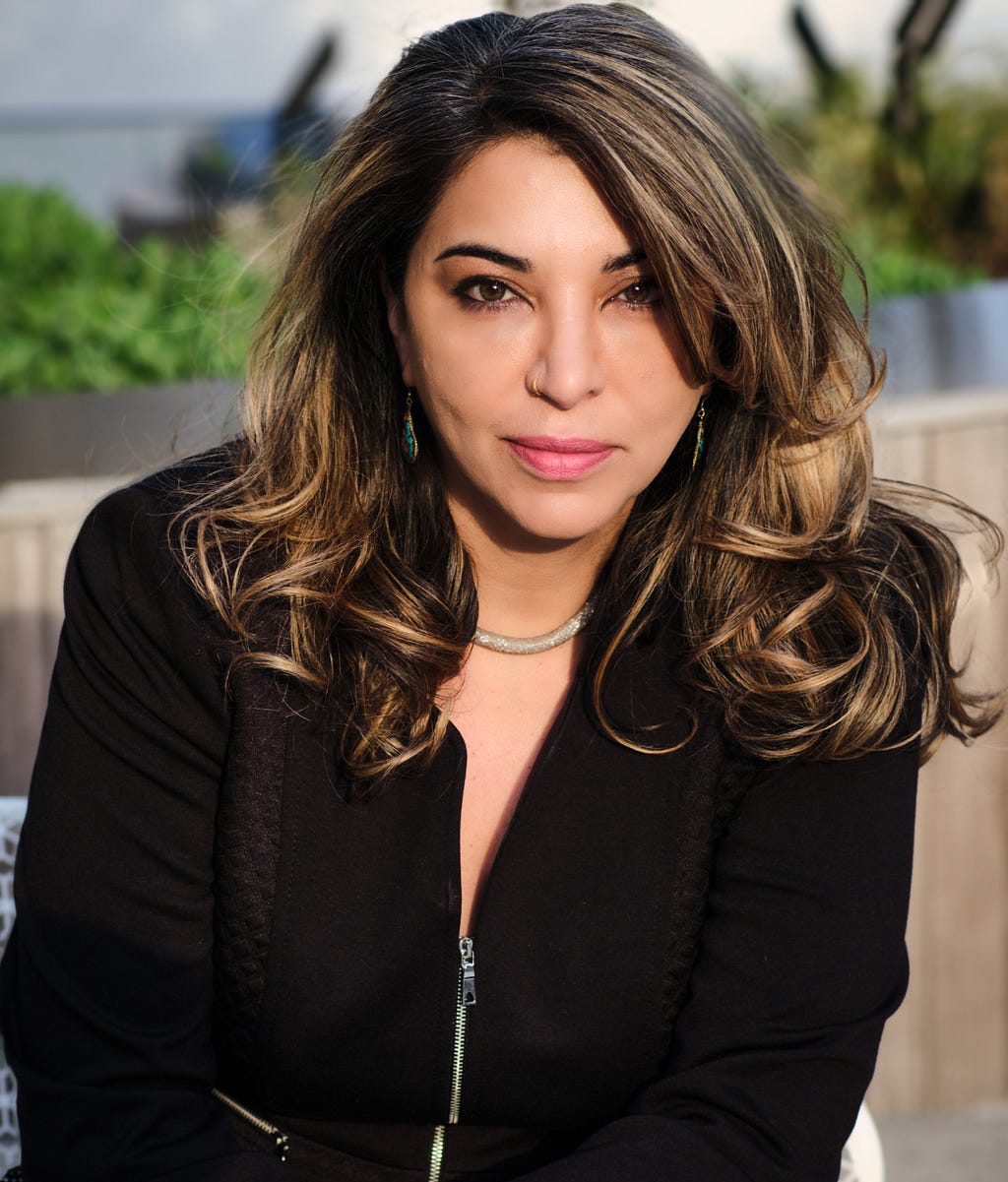Women In Wellness: Tania Malan of Uniskin On the Five Lifestyle Tweaks That Will Help Support People’s Journey Towards Better Wellbeing
An Interview With Candice Georgiadis

Really understanding nutrition. Not the bits and pieces we get from media, influencers and fad diets. There is so much more behind nutrition. Every process in our body depends on the correct order of amino acids (building blocks) in our body, which must be performed if we are to survive. If one of the amino acids are missing from our diet our body will scavenge from itself to provide that building block. However, the area it scavenges from (hair, skin, nails, veins etc.) can only replicate and replenish a finite number of times before it becomes depleted. The result is senescence (cellular inflammation) or cell death. Following diets blindly without understanding and considering your body’s specific needs can eventually lead to accelerated ageing. We diet because we want to look and feel great, but we need to understand that nutrition is so much more than weight loss.
As part of my series about the women in wellness, I had the pleasure of interviewing Tania Malan.
Tania Malan is the founder and clinician director of Uniskin — a UK-based wellness clinic with a global vision. She has thirty years’ experience in trauma and medicine in South Africa and the UK. An eternal student, she has four degrees, three of them at Master’s level, as well as diplomas in midwifery, psychiatry and general and community nursing. Tania has a deep appreciation of what it is to live well and strives to support everyone to enjoy balance, gain hope and feel ageless. Her new book, ‘Ageless — the cellular secrets to looking and feeling your best’ is due for release in June 2022.
Thank you so much for doing this with us! Our readers would love to “get to know you” better. Can you share your “backstory” with us?
I am a South African and grew up in very turbulent times during the Angolan war and apartheid. We grew up witnessing horrific violence and atrocities in our daily lives peppered with regular drills on managing it, including safe evacuation, search and rescue, and caring for wounds from an early age.
We also shared our habitat with wildlife which further required us to remain vigilant to animal attacks and treating injuries, specifically snake bites and venomous stings from spiders and scorpions. I mostly grew up on a farm in the Soutpansberg which falls in a conservation area teeming with wildlife, and it is normal waking up at night hearing a leopard grunting in our garden or catching one of our dogs or life stock. The baboons were a constant pest, ravaging our crops and orchards while the bush pigs ate through our water pipes and various deer destroyed our garden. Living in Africa, you know that no two days will ever be the same. An adventure and drama would unfold around you every single day.
Growing up, many dreamed of becoming game rangers, but the oceans beckoned me, and I desperately wanted to become a marine biologist. Unfortunately, just as I finished school and planned to commence my studies, my father’s business went bust, and we lost everything except our clothing.
My family comes from a long line of medical professionals, and like in most countries, nurses are always in demand, and training is free. I was immediately accepted into a nursing college and started my four years of in-service training in a big hospital bordering several game reserves, Mozambique and Swaziland. Our training included midwifery, community nursing, psychiatry, and general nursing, and we had to work as part of the numbers and learn as we went. We chose the direction we would like to settle in during our third year, and I decided on trauma medicine. The need was great, and there were never enough doctors or nurses, which meant we worked exceptionally long hours, often up to 24 hours at a time, and took on roles and responsibilities usually associated with doctors. Working in trauma in that particular part of South Africa is indescribable; we used to treat up to 30 stab wounds a day, especially on weekends, including gunshots, stepping on landmines, motor vehicle accidents, crocodile and hippo attacks, venomous snake bites, poisoning to name a few. Between these violent events, we still have to see and treat the usual medicine such as heart attacks, asthma, and strokes etc.
Many traumatic events in my work and personal life culminated in immigrating to the UK for better work opportunities and more peace. Little did I know that I would be completing four degrees, lecture at several universities, continue research and ultimately set up my practice and become an author.
Although I did not choose to nurse, I am so thankful for the serendipitous opportunity that opened a whole new world that changed my life significantly and continues to do so even after 31 years. I continued to work in A&E in the UK but what was missing is the whole patient journey. We used to stabilise them and then never knew what happened to those patients and how things turned out. As a result, I moved into GP practice for 15 years. Whilst working in GP practice I felt frustrated with the system. We are mostly reactive even though we aim to be proactive and prevent worsening chronic disease. However, we are fighting a losing battle and especially trying to see and treat patients within 10-minute appointments. My final stint in a GP practice was on a busy University campus where we used to see and treat a large cohort of young students. It struck me how life-tired, depressed, and lonely they were and that our only means to support them is either refer them to an over-full mental health system or give them anti-depressants. Something needs to be done.
I started out in aesthetic medicine because it allowed me to build funds, impact people more positively whilst building a new business around agelessness. My life experience, research, studies, and work has led to this point. We need to find a solution to improve health and wellbeing without medication to improve the burden on our economy and medicine. As it is, it’s no longer fit for purpose. Specifically where it relates to the well patient.
Can you share the most interesting story that happened to you since you started your career? What were the main lessons or takeaways from that story?
Working in trauma medicine in South Africa, drama filled our daily lives. They range from being held hostage and shot at while recovering injured patients, to working during extreme rioting. Patients running in with their arms hacked off, machetes embedded in their heads, dragging bodies out of boots of cars, to drowning insects embedded in eardrums, snakes curling out of bed clothing, and so much more. Each of these patient journeys formed me into the type of person I am and continue to become.
However, the story that changed my life and set me on my current course is the one I tell in my book called Ageless, and it is the journey of Mr. H, the crocodile, and me. I was privileged to experience his whole journey from start to finish which led to significant insights and a determination to continue understanding the human body and how life events impact ageing. The importance of balance for wellbeing and how physical, social and emotional wellbeing are linked, and if one of them is out of kilter, the whole person can implode. I have learned that trauma of any kind causes significant cellular ageing. Still, it is possible to reverse cellular deterioration through nutrition in high doses of vitamins and minerals.
Can you share a story about the biggest mistake you made when you were first starting? Can you tell us what lesson you learned from that?
I was a pretty hot-headed, angry, strong-willed selfish young adult who strived for independence and to do things my way. I would verbally lash out at my parents, storm off and continue to pull in the opposite direction in everything. I would argue to look for a fight, especially with my mother. I learned that my anger is caused by frustration and that the life events are there to mould and shape me and that mistakes do not define me and dictate the rest of my life. I am the eldest, and my parents did not receive a manual when I was born. Life is complicated, and catastrophic events occur all the time. We can control it somewhat by choosing how we will respond to it and learning coping mechanisms from the outset, or allowing it to overwhelm us and destroy us a little bit at a time. If not for mistakes, we would still be in the same place. I choose the moral high ground in any mistake because no one plans to make it; it happens because of our actions. Mistakes form us and are necessary on this journey of life.
None of us are able to achieve success without some help along the way. Is there a particular person who you are grateful towards who helped get you to where you are? Can you share a story about that?
I stand on the shoulders of many giants, even those who made my life a misery. I would not have jumped and changed career trajectories if not for the discomfort from some of these negative people in my life journey. Many people helped me achieve success, but my parents and my husband are the most profound.
My parents encouraged me in everything I do, and it could not have been easy for them when I left South Africa to settle in the UK. My father taught me to drive and ride motorbikes when I was around nine years old and expected me to learn and understand engines when I was a bit older. So, we had a lot of chores as they both worked long hours, which made us self-sufficient and independent with a strong work ethic. My father was an irrigation engineer, which meant we moved around a lot, and that experience created this wanderlust and sense of adventure.
My husband is the ball catcher and my rock. He is as solid as they come, and I would not have reached the top of this particular mountain without his patience and continuous support.
Ok perfect. Now let’s jump to our main focus. When it comes to health and wellness, how is the work you are doing helping to make a bigger impact in the world?
Ageing is a disease, and it is time to overhaul thinking about ageing and create a paradigm shift in treatment and management of ageing. We now live longer but not necessarily better. Instead of treating the consequences of ageing, it is time to address the various causes of it. This is possible by bringing diverse knowledge, skills, and expertise together and combining it with scientific innovations using technology (tech) and diagnostics under one roof.
Staying healthy and free from disease for as long as possible has now become a compelling factor for many individuals. The way medicine is practiced no longer serves individuals because one size does not fit all, and the focus is on treating existing problems when it is already too late. Mediocre medical treatments that take a long time to improve function is now addressed with greater precision, faster results utilising tech. The focus is now on personalised precision medicine, understanding your unique body, its predisposition to certain disease, inflammation, loss of hormones, intolerances, and deficiencies to name a few. Clients can now undergo specific personalised assessments using DNA, blood, and hormone testing with great accuracy and have access to various specialisms and tech focused on them and their unique biology to fully optimise their health and wellbeing.
We no longer accept ageing as a reason for pain, inflammation, hair loss, hormone changes, weight gain, reduced mobility and whatever else. We can and want to do something about it now and prevent living longer but in misery, with bodily decay. Ageing impacts health, social care and the global economy. Ageing is expensive and a whole health economy has formed around ageing such as care homes, pharmacy, rehabilitation, to name a few.
Early identification of your specific genetics, deficiencies in nutrition and hormones means you can prevent and even reverse early cellular ageing and improve your health span. Speedy recovery of a person means fewer sick days, greater productivity, better energy, and immunity. Greater longevity free from disease equates to better quality of life removing the strain on the NHS, and greater economy.
Our greatest aim is to work with researchers to measure our patient outcomes and track progress which will further attract attention, support the ongoing development of our service, and measure the economic impact in our local community. The aim would be to use the research which could be written into policy and roll this out over the UK and eventually globally. When we can provide robust evidence, we can potentially start to rewrite the medical books and affect change at a much greater scale.
Can you share your top five “lifestyle tweaks” that you believe will help support people’s journey towards better wellbeing? Please give an example or story for each.
- Early identification of hormonal imbalance and treating deficiencies with bio-identical hormones. Ginny is a 48-year-old woman suffering with fibromyalgia, impinged rotator cuff syndrome, mood fluctuations, brain fog, weight gain, loss of libido, extreme tiredness, poor immunity and becoming “life tired”. She is constantly dieting but nothing helps. Her GP provides scripts for depression, anxiety and pain which only exacerbates her symptoms. She had hormonal blood tests. In the NHS we can only test and treat oestrogen and progesterone and base our findings on a patient’s symptoms. When working with bio identical hormones we test and treat much more and include hormones such as DHEA, testosterone, progesterone, oestrogen and vitamin D. Low Vitamin D affects the absorption of hormones.
We corrected Ginny’s levels which took around a year and resulted in her thriving and experiencing a new lease on life. She is feeling much more like her old self, and is thriving. She lost over two stone and hasn’t had a fibromyalgia flare up for a year. The muscle pain in her shoulder has resolved and she has much more energy. What is not yet visible is the fact that the hormones are protecting her bones, improving her energy levels, protecting her brain and improving her general wellbeing. It improves immunity, protects her heart and forms muscle which in turn results in increased energy. The list goes on. - Nutrigenomics in the form of a Nutrigen Test (Genetic test for nutrition). I experienced significant hair loss and were told by my doctors that it is due to me ageing and approaching menopause. I had a Trichotest (genetic test for hair loss) and discovered that I have very poor blood flow to my scalp caused by a specific enzyme and that my body lacks cysteine and zinc. I supplemented with over-the-counter cysteine and zinc and my lustrous full thick mane of hair returned. The success of this experience triggered me to look into my genetics concerned with my nutrition and I made further important discoveries about my health and wellbeing.
I learned that I am genetically predisposed to being overweight and that I have a very low metabolic rate and the test identified that the cause of my poor weight is my intolerances in food and the deficiencies within my body. Knowing my vitamin and mineral deficiencies identified the specific supplements I need to take and saved me a lot of money by guessing. I have been taking supplements that my body did not need, and effectively been throwing money away for all these years. I also learned that I am predisposed to diabetes and will need to change my habits and lifestyle. The test gave me an early warning long before it actually happened.
The Nutrigen test is comprehensive and provides a detailed 120-page road map of my body and the types of food I need to take, as well as accurate nutritional supplements to prevent future chronic disease. Changing my diet and taking the right supplements resulted in increased energy, wellbeing and improved immunity. I now have a road map to remain optimised based on my specific DNA. - Nutraceutical — Vitamin and Mineral Infusions. Caroline is in her 50’s and wears many hats. She is an athlete and exercises daily, whilst also running a business and household. She has flare ups of irritable bowel disease which was later diagnosed as Crohn’s which affected her lifestyle significantly. On top of this she had an unexpected traumatic event which resulted in the death of her partner. Caroline was struggling with her burden and presented to the clinic. She wanted something to make her feel better and face the world and thought that some Botox or fillers would do the trick. She looked dreadful when she arrived. I convinced Caroline to consider a nutraceutical infusion and there are a variety available based on the clinical symptoms and patient’s needs. I infused her with Modified Myers with a glutathione push. This means she received high dosages of antioxidants, vitamins, and minerals. She fell asleep whilst the drip was running in and whilst I was monitoring her blood pressure, I noticed how her body was responding in such a short period. Her colour returned from pale grey to pink, her skin improved and when she woke up, she reported improved energy and a sense of wellbeing. A few days later she started to run again and reported that she had much more energy and could cope better with all her stress and anxiety.
- Aesthetic Treatments. I can literally write books about the positives of aesthetic treatments. I treat an average of eight people a day. The majority of my clients are over the age of 45 and attend the clinic because they do not like what they see in the mirror, and it is affecting their confidence. The facial changes are caused by nutritional and hormonal changes which impacts on the skin, bone, and fat pads on their face. The result is that their anatomy as they know it is changing.
By restoring and regenerating their skin and fat pads, we are able to restore them to their former self and give them their confidence and self-esteem back. Most of the women do not want to look younger they just want to look better and the outside to match the age they still feel on the inside. Restoring hair, skin, bone, and fat pads significantly changes a person and empowers them at many levels which is not well documented or described in the press. Unfortunately, it is the bad news that makes the headlines and the older women tend to keep things more private and out of the public eye. The positives of aesthetic medicine and wellbeing is still poorly described especially in the public domain. - Cosmeceutical Skincare (Skin care that contains pharmaceutical and cosmetic ingredients). Beth is a 58-year-old woman who presented to the clinic looking and feeling tired. She did not like what she saw in the mirror, and it was affecting her confidence and impacting her wellbeing. Beth is like so many of us in our 50’s from an era where we did not really know as much about sunblock and the impact UV rays have on the skin. Her skin was dull, lacklustre, lined, burnt with pigmentary changes and uneven skin tone and texture. During her examination she still had good fat pads, very little bone loss but her skin made her look aged.
Using the correct skin care regime can be as effective as any cosmetic procedure. I have researched and tried a variety of products over the years but there is nothing as good and impactful as Obagi especially the Nuderm range. It is developed by dermatologist Zein Obagi, and it follows a program that allows the skincare products to change the behaviour of skin. It impacts the skin at cellular level where it changes the pH so that products can penetrate deeply. It then uses products such as hydroquinone 4% to reduce the production of melanocytes responsible for skin colour and pigment changes. The impact is that the skin tone becomes the same all over.
Other products include alpha hydroxy acids which increases and accelerates skin turnover and removes old dead skin from the surface. This allows the skin texture to even out and improve the general look and feel of the skin. The cherry on the cake is of course Vitamin A in the form of tretinoin. It is a product every woman should have in their pocket. It allows improved skin turnover, protects against UV rays, controls oil but most importantly stimulates the production of collagen. We lose 30% of collagen when we go into menopause, but the reduction already starts around 1% from the age of 28. Collagen is what gives our skin its structure and improved elasticity. Treating Bev with Obagi Nuderm resulted in a clearer, brighter, more even complexion and improved her self-esteem and wellbeing. She became ageless.
If you could start a movement that would bring the most amount of wellness to the most amount of people, what would that be?
Agelessness!! We need to strive to remain ageless at cellular level. Understanding how our bodies work and that nutrition is not only for weight loss and immunity, but actually to combat ageing.
Knowing and understanding your specific DNA, your nutritional needs and hormonal changes and taking the right supplements reduces bodily decay. Really invest in your health and take responsibility. With personalised diagnostics especially in genetics we can obtain an accurate road map of what our body specifically needs and what we should avoid. This way we can slow down DNA damage, improve our immunity, prevent chronic disease, strengthen our bones and improve our muscle, which in turn improves our energy. Striving for agelessness affects us all and it needs to start now. It will reduce the pressure on the NHS and the economic burden on society.
What are your “5 Things I Wish Someone Told Me Before I Started” and why?
1) Really understanding nutrition. Not the bits and pieces we get from media, influencers and fad diets. There is so much more behind nutrition. Every process in our body depends on the correct order of amino acids (building blocks) in our body, which must be performed if we are to survive. If one of the amino acids are missing from our diet our body will scavenge from itself to provide that building block. However, the area it scavenges from (hair, skin, nails, veins etc.) can only replicate and replenish a finite number of times before it becomes depleted. The result is senescence (cellular inflammation) or cell death. Following diets blindly without understanding and considering your body’s specific needs can eventually lead to accelerated ageing. We diet because we want to look and feel great, but we need to understand that nutrition is so much more than weight loss.
2) Supplementation: There is currently a lot of trends, information and views on supplementation which makes it difficult on make the right choices. However, we need to look at supplementation from various angles which includes experts in immunology, endocrinology, nutrition, and functional medicine. It’s argued that we need to supplement above the daily recommended dose because we are not concerned with chronic disease, but with ageing, and that a larger percentage of the population do not even have the enzyme which allows them to absorb the daily recommended allowance adequately. A case in point is for instance — Vitamin D and also Vitamin B12. This is a rapidly evolving area and difficult to keep pace, but it is better than doing nothing. I am learning something new every day.
3) Balancing hormones: I have had a difficult time with premenstrual tension which not only made my life a misery but also those around me. We are often quick to write it off as “that time of the month” and again accept the status quo. I wish I knew about hormone testing and regulating with bio identical hormones much earlier. It would have saved me a lot of trouble and apologies but improved my wellbeing significantly.
4) Sunblock: I am from an age where we did not use sunblock and did not have much understanding of it. Living in South Africa without sunblock accelerates ageing due to UV rays, increases the risk of skin cancer, and pigmented skin is likely to occur. Just using sunblock from the outset would have saved me a lot of money on skincare and reduced my ageing process significantly.
5) Entrepreneurship: I wish I stared this journey much sooner and were not so locked into the belief that I need to have a steady income and a secure pension. I could have saved myself a lot of pain and heartache trying to conform and becoming increasingly frustrated that I can see the solutions but have no power to make the changes. That pain eventually drove me to set out on my own and it is the best thing I could have ever done. It is fulfilling living so close to your own truth and impacting the things that you believe, making a difference.
Sustainability, veganism, mental health and environmental changes are big topics at the moment. Which one of these causes is dearest to you, and why?
All of these big topics are dear to my heart but the one I can impact the most and understand the best is mental health. Mental health is a fine balance between physical, social, and emotional. Those three areas are key because when one of them are affected the other soon follow.
There are many examples of this but imagine a waiter carrying a tray on which three full glasses of water are balanced. If you just take one glass off the tray it will become unbalanced. It’s important to understand which part is affected. For example, if there are physical changes such as hair loss, pain or illness it can very quickly impact a person’s mental health which means they become withdrawn, turn inward and as a result impact them socially. It is very rewarding when you can improve someone’s mental health and see how they blossom and thrive. When they are better, others feel better around them which then causes a chain reaction. The opposite is also true but that is why it is important to keep someone in optimal wellbeing so that it can benefit the person, but also society.
What is the best way our readers can follow you on social media?
The best way for people to find me is via my Facebook page or my website — please see below:
(6) UniSkin Wellness Clinic | Facebook
Aesthetic Clinic Belper (@uniskin) • Instagram photos and videos
https://uk.linkedin.com/in/tania-malan-personalised-medicine-biohack-dna-hormones-577794b2
Thank you for these fantastic insights!
Women In Wellness: Tania Malan of Uniskin On the Five Lifestyle Tweaks That Will Help Support… was originally published in Authority Magazine on Medium, where people are continuing the conversation by highlighting and responding to this story.


